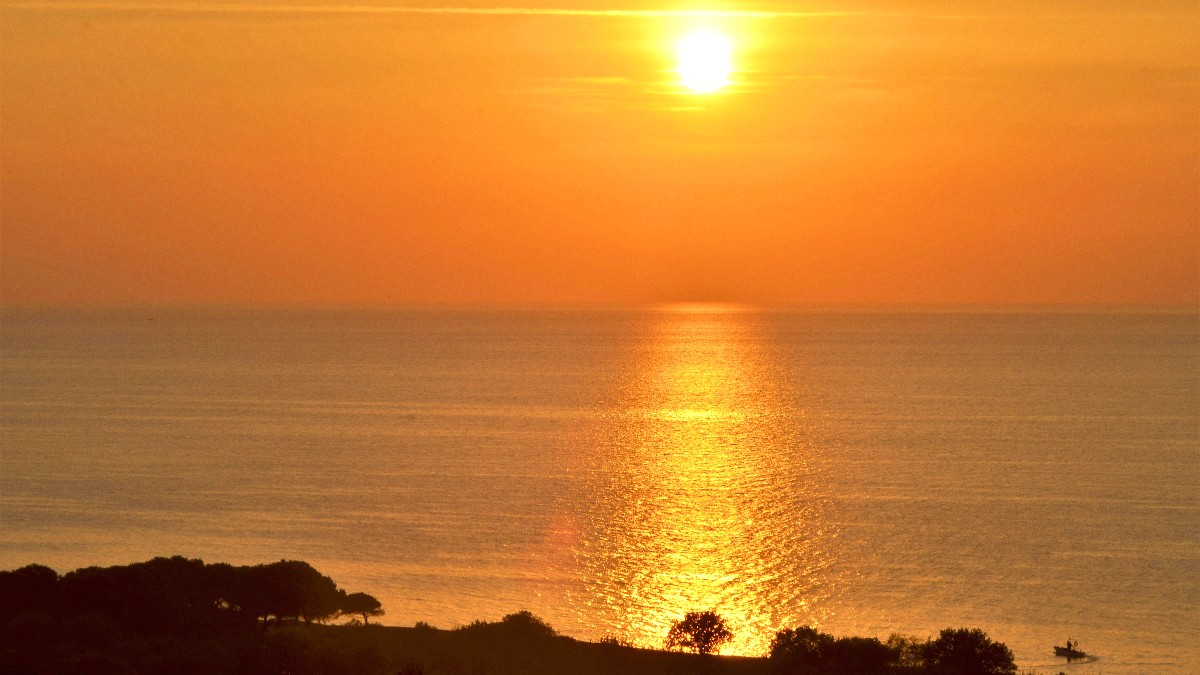
Aegean Coast, Turkey
Canakkale's food draws from its Aegean coastal location and Anatolian lands. It features fresh seafood, olive oil-based dishes (Zeytinyağlılar), and fresh vegetables, characteristic of Aegean Turkish cuisine. Food also includes traditional Turkish staples from wider Anatolian cooking.
Ingredients: Olive oil is a base. Fresh herbs like dill, mint, and parsley are common. Vegetables like tomatoes, eggplant, zucchini, and various greens appear. Local cheeses, especially Ezine peyniri, are prominent. Seafood, lamb, and various grains are also found.
A flavorful, firm white brined cheese, similar to feta, from the nearby Ezine district.
A unique, sweet cheese dessert, often served warm.
A flavorful, firm white cheese, similar to feta, from the Ezine district.
Find it in local markets and restaurants for breakfast or meze.
A unique, sweet cheese dessert, often served warm, sometimes with cinnamon or ice cream.
A Canakkale specialty. Try it at local patisseries.
Sea bass (levrek), sea bream (çipura), or bonito (palamut), grilled or pan-fried.
Waterfront restaurants along the Dardanelles are top spots.
Çay (Turkish Tea): Black tea in tulip glasses. Türk Kahvesi (Turkish Coffee): Strong, unfiltered. Ayran: Savory yogurt drink.
Rakı: Anise-flavored spirit. Local Wines: Bozcaada Island has vineyards.
Limited formal fine dining. Upscale hotels like Akol Hotel offer refined experiences with Dardanelles views.
Numerous options along the Kordon for seafood, kebabs, and meze. Local eateries offer traditional Turkish home cooking.
Lokantas (local canteens) for home-style dishes. Abundant street food stalls for quick, inexpensive meals.
Some restaurants offer Italian, Chinese, or other international dishes.
Mainly found in the city center.
These places cater to diverse tastes for a break from Turkish food.
A good choice for different dining preferences.
Local market on specific days for fresh produce, cheeses, and prepared foods.
Smaller local markets serve a similar purpose to food halls.
Abundance of vegetable-based meze, olive oil dishes, and lentil soups.
Clearly state "etsiz" (meatless) or "vegan".
Extremely rare outside Istanbul. Travelers with strict requirements should plan to bring their own packaged food or rely on fresh, uncooked produce.
Limited options.
Focus on naturally gluten-free options: grilled meats or fish, salads, rice (pilav), and vegetable dishes.
Use online phrasebooks or translation apps. Larger, tourist-oriented establishments may have better English speakers.
Formal cooking classes are less common than in Istanbul. Some boutique hotels or guesthouses might offer informal experiences.
Explore local markets and street food stalls at your own pace.
Dining along the Kordon with Dardanelles views is a signature experience.
Many seafood restaurants are here.
Prominent on menus, depending on the catch.
Figs, grapes, and watermelon are abundant.
Occur seasonally in surrounding villages. Ask hotel staff for info.
When visiting a local lokanta, simply point to the dishes you want from the display. This helps with language barriers and confirms your order.